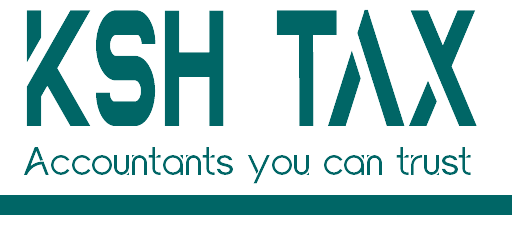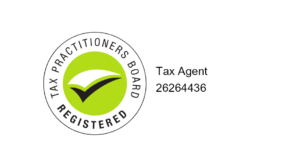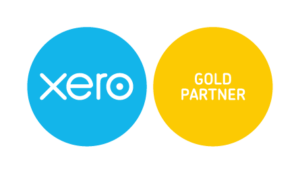Sole traders in Australia always have tight deadlines and schedules that they must adhere to, and managing their taxes can sometimes be overwhelming.
Knowing how to maneuver around these taxes is very important. It helps keep your business compliant and enables you to maximize your financial success.
In this guide, we cover everything you need to know to manage your taxes efficiently.
How can you manage taxes as a sole trader in Australia?
1. Understanding tax obligations for sole traders
As a sole trader, you have various tax obligations that you are required to take care of, and with us are some of them as follows;
- Income tax
Usually, as a sole trader, your business income is taxed as part of your individual tax returns. The ATO progressive tax rates provided determine the tax you will be charged. This means the higher the amount of money, the higher the tax rate.
- Goods and services tax (GST)
If your business has a turnover of $75,000 or more, you must register for GST. This will allow you to charge GST on your sales and may allow you to claim GST credits on your purchases.
- Pay As You Go (PAYG) withholding.
Hiring employees means you must withhold tax from their wages and remit it to the ATO. However, you shouldn’t have to worry about the PAYG withholding if you haven’t employed any staff.
- Superannuation
As a sole trader, you are required to contribute to your own superannuation, which is considered a personal responsibility unless you are hiring employees.
2. Track your income and expenses.
Keep track of all your records, as it is essential to manage your taxes. All income and expense records connected to your business should always be kept.
3. Claim deductions to reduce taxable income
One advantage of being a sole trader is reducing taxable income by claiming legitimate business expenses as tax deductions. This method can help you save yourself some money. Some of the deductions you can claim include the following;
- Business expenses
Costs related to your business, such as office supplies, rent, utilities, and marketing, are considered deductibles.
- Vehicle and travel expenses
If you use your car for business purposes, you can claim deductions for certain expenses, such as fuel, maintenance, insurance, and depreciation.
The deductions to be claimed depend on the percentage of business use.
- Home office expenses
If you run your business from home, you can claim deductions for a portion of your home’s rent, mortgage interest, electricity, internet, and other associated costs based on the size of your office.
- Depreciation of assets
Over time, you can claim depreciation on assets like computers, office furniture, and machinery.
4. Use accounting software
Consider using accounting software such as MYOB and XERO to help you keep your financial records organized and safe.
The software allows you to track income expenses, generate financial reports, and even prepare BAS lodgments.
5. Lodge your tax return.
As a sole trader, you are supposed to submit your tax returns towards the end of the financial year, which is usually due by 31 October each year.
You must ensure that you have reported all income from your business and deduct any eligible business expenses to calculate your taxable income.
If registered for GST, lodge a BAS quarterly or annually, depending on your turnover.
6. Make payments to the ATO.
Once your tax return lodgment is done, pay off any existing tax liabilities you may have. If you are required to make PAYG installment payments, you’ll need to pay quarterly.
For GST-registered businesses, you must pay the GST you’ve collected on your sales minus any GST credits you’ve claimed on your purchases.
7. Consult a tax professional.
If you are having trouble managing your taxes or need guidance, consult with a tax professional.
This is because they can help you understand your tax obligations, ensure you’re claiming all the deductions you’re entitled to, and assist with any complex tax matters.
8. Stay updated on tax changes.
Tax laws and regulations can change, so staying updated on any new tax rules that may affect your business is essential.
The ATO often releases updates, and it’s beneficial to stay informed on new tax rates, deductions, or requirements that could impact your business.
Conclusion
Managing taxes should no longer be a headache as a sole trader. You must understand your obligations and develop strategies for handling them together.
If you are not sure how you will manage these tax obligations, don’t hesitate to reach out to a tax professional to help you stay updated with the latest tax rates and more.













